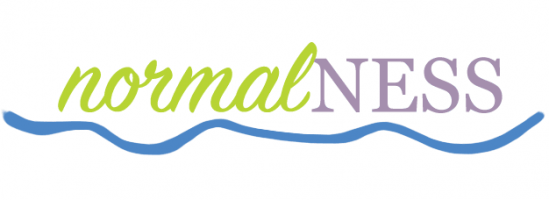If you’re looking to work with brands as a blogger, the first question they’ll usually ask is for your media kit. A media kit is easiest to think of as a sales document that informs brands of your most important features.
Media Kit Basics

So, what do you include in a media kit? At the very (very) least, a brand will want to know:
- Statistics: page views per month, unique views per month, social media followers
- Demographics: gender, age and location of your readers
- Basic information about you: contact details, a photo/headshot, your logo/tagline
You can also include:
- How you work with brands: sponsored posts, reviews, event attendance
- Where else you’ve written: do you do guest posts on major sites? Do you have a regular column?
- Brands you have worked with: you can list them, show their logos, and/or link to the posts
- Any relevant policies: my media kits states that all paid and review posts will have no follow links and full disclosure.
- More information about you: why you founded your blog, your history, relevant information about your real life
- Testimonials: any thank you’s or feedback from other brands you’ve worked with
It’s a fairly personal choice if you include your prices in your media kit or not. I have a “starting from” price so that brands have some idea, but it also allows me to customise depending on what the brand wants.
Tip: want to work with brands but have that perfectionist streak when it comes to design and promotional materials? Put the basics up on a PR/Media page on your blog so that brands have somewhere to go while you work on the pretty version.
Creating The Media Kit
I create mine using Canva. You can also use a word processor such as Open Office. Others may use graphics software like PicMonkey or design software such as Adobe InDesign.
What do you put in your media kit?



